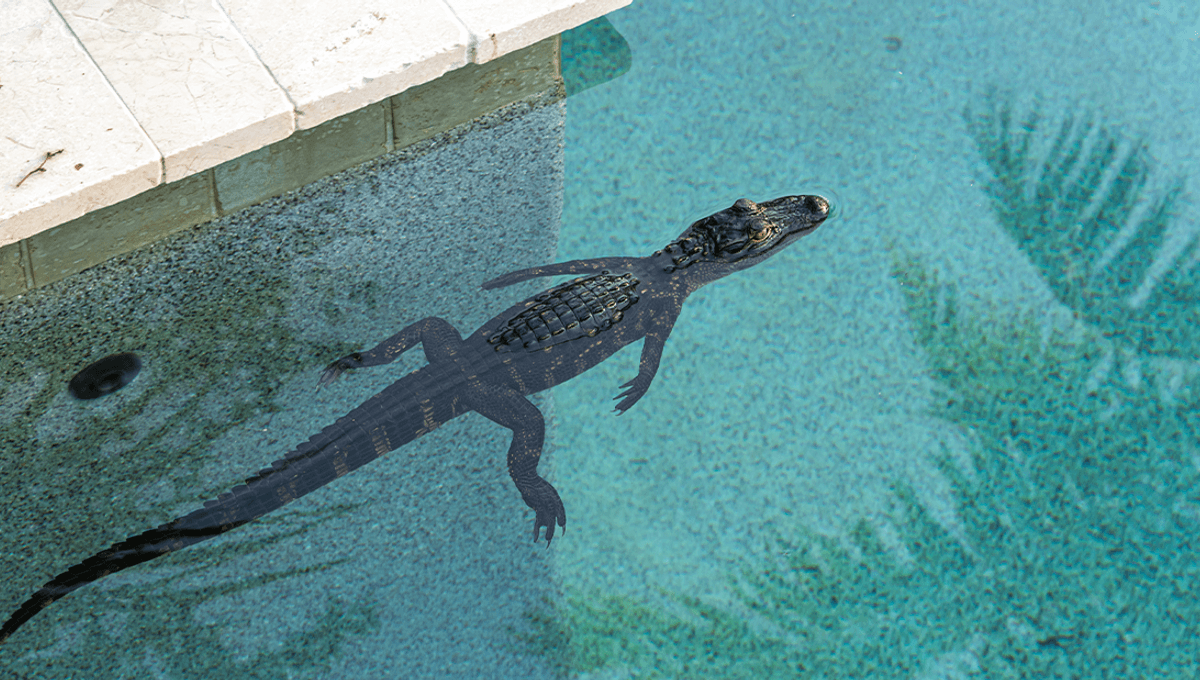
Keeping wild animals as pets is a strange one. On the one hand, properly reared exotic animals can thrive as domesticated pets, and they can be looked after with all due care and attention. However, there comes a time when some people can no longer look after their pets, and it becomes difficult or even dangerous to continue to have that alligator in your swimming pool. Far from dumping your goldfish in the nearest stream, what should you do with exotics you can no longer look after?
Exotic pet ownership in the US is regulated differently at state, county, or city levels. According to Born Free USA, more than 1,000 websites offer opportunities to buy and haggle over the prices of these exotic animals, which include lions and monkeys as well as reptiles. There are many concerns with the keeping of exotic pets, including welfare for the animals and the owners, the spread of disease, and the risk to public health.
One of the big problems comes from those who wish to keep alligators as pets. This is only legal in certain states in the US, while other places require the owner to have a license, and in New York private ownership of an American alligator is banned.
National Geographic writes that there are no official numbers for how many people are keeping alligators as pets, but around 5,000 might be in Michigan. World Population Review has a map of where it is legal to own an alligator in the States in 2024. These alligators come from legal breeders in the Southeast, mostly Florida, and while there are strict alligator farming laws, there are always those who seek to work around them.
In the UK, you can keep an alligator as a pet legally but you need to declare the animal and have a license for it. Alligators are covered by the Dangerous Wild Animals Act (1976) and getting a license is a long and lengthy process.
Where most people trip up is not realizing the cost of keeping an animal and the size these reptiles can grow to. Female American alligators can grow to 2.6 meters long (8.2 feet) and males can reach 3.4 meters (11.2 feet), explains the Smithsonian’s National Zoo And Conservation Biology Institute.
Sometimes news stories turn up about pets being taken from homes by the authorities. In the UK there’s been a rise in abandoned pet reptiles owing to increased energy costs. So what should you do if you no longer want to keep an alligator in your swimming pool?
The most important thing to consider is not releasing these animals into the countryside or nearest park and responsibly handing over their care to someone with the appropriate experience and facilities to look after them. The Florida Fish And Wildlife Conservation Commission has an exotic pet amnesty program for those no longer able to keep their animals. Similar rescues are also set up in the UK for those who find themselves unable to care for their exotic pet any longer.
All “explainer” articles are confirmed by fact checkers to be correct at time of publishing. Text, images, and links may be edited, removed, or added to at a later date to keep information current.
Source Link: Whoops! My Pet Alligator Is Too Big For My Swimming Pool, What Should I Do?